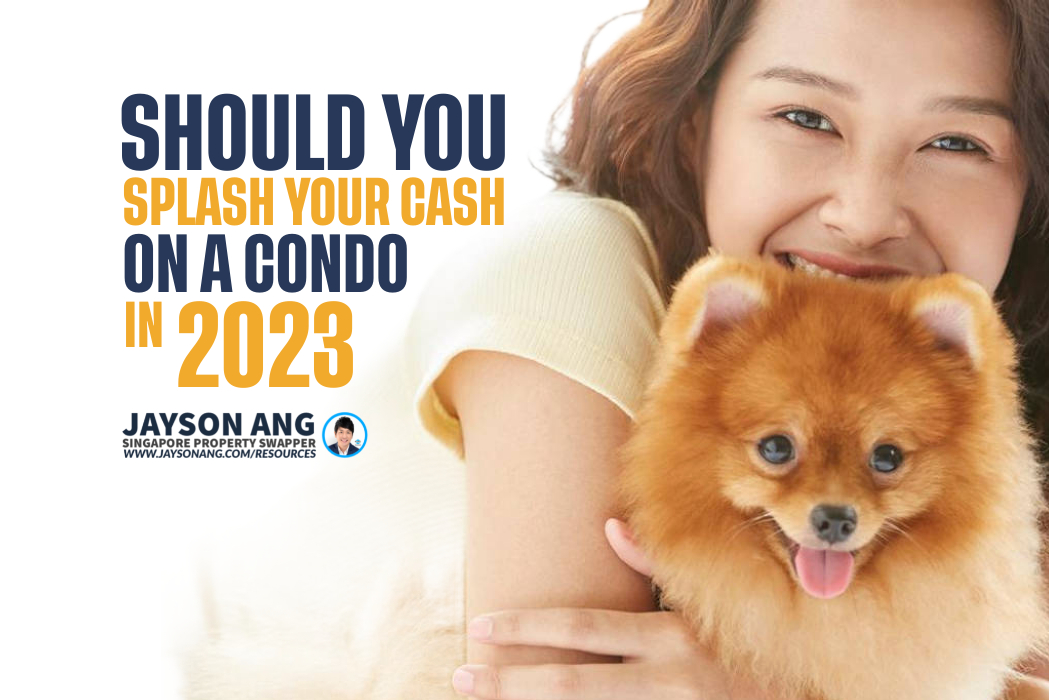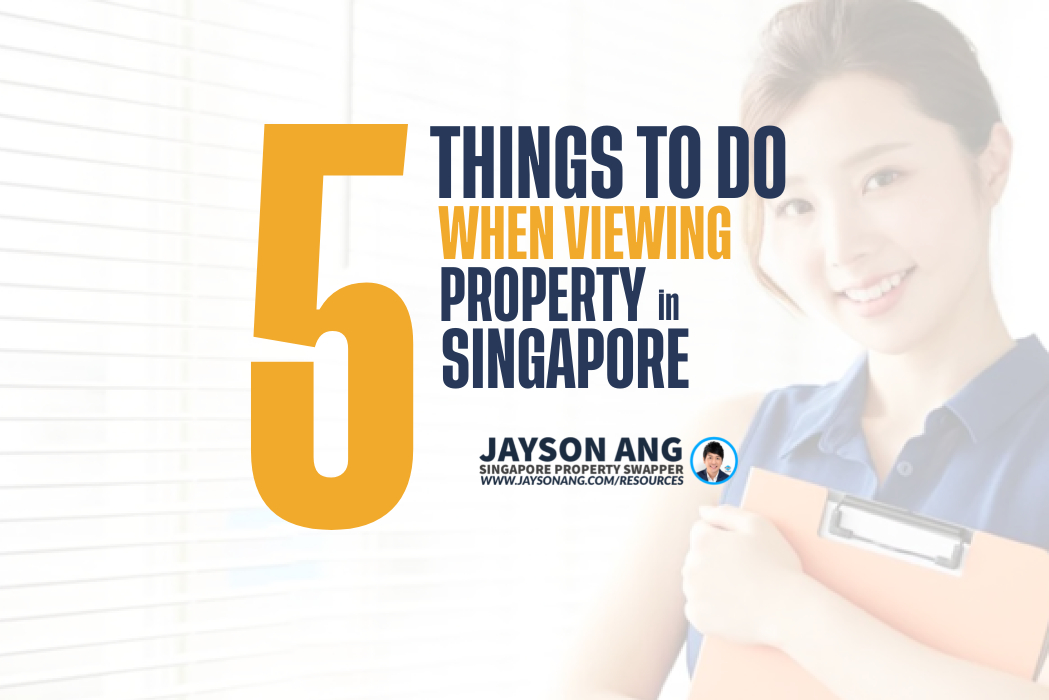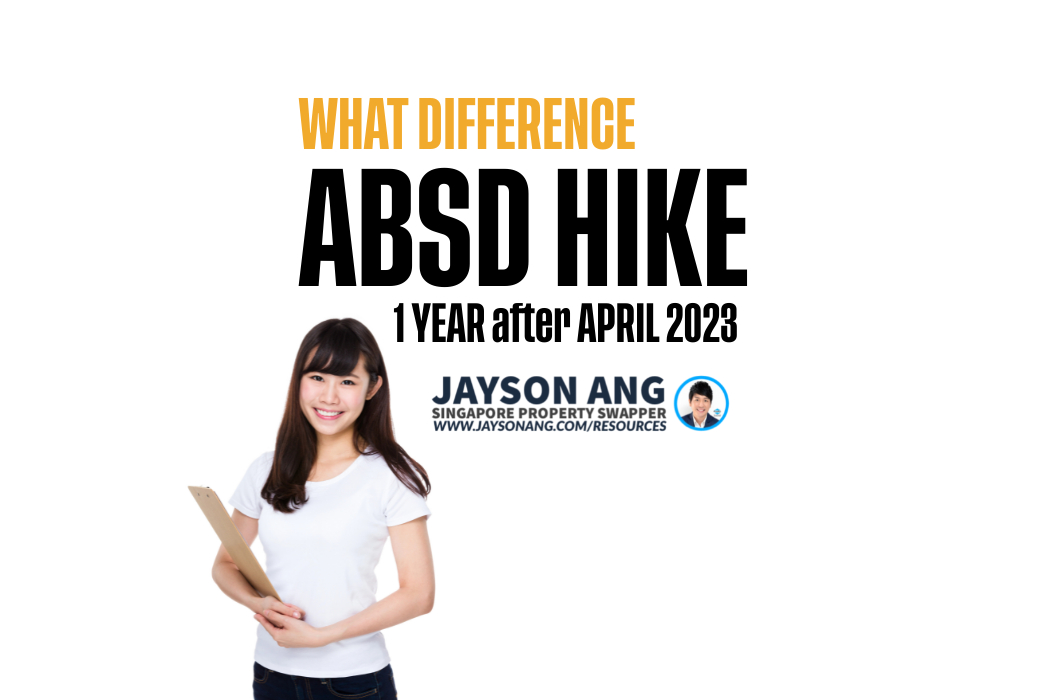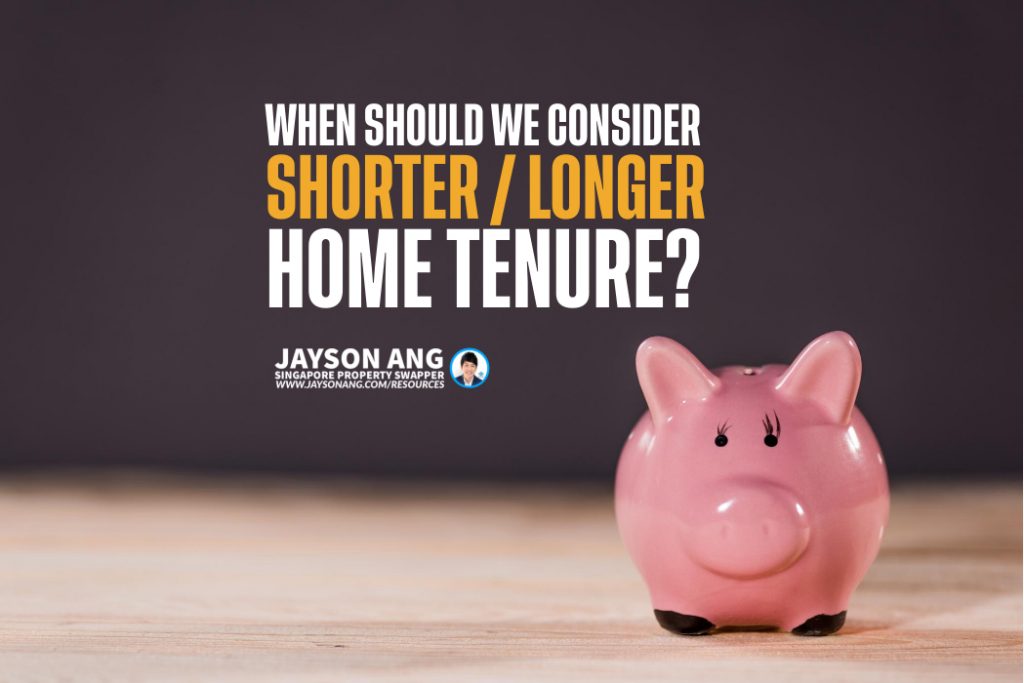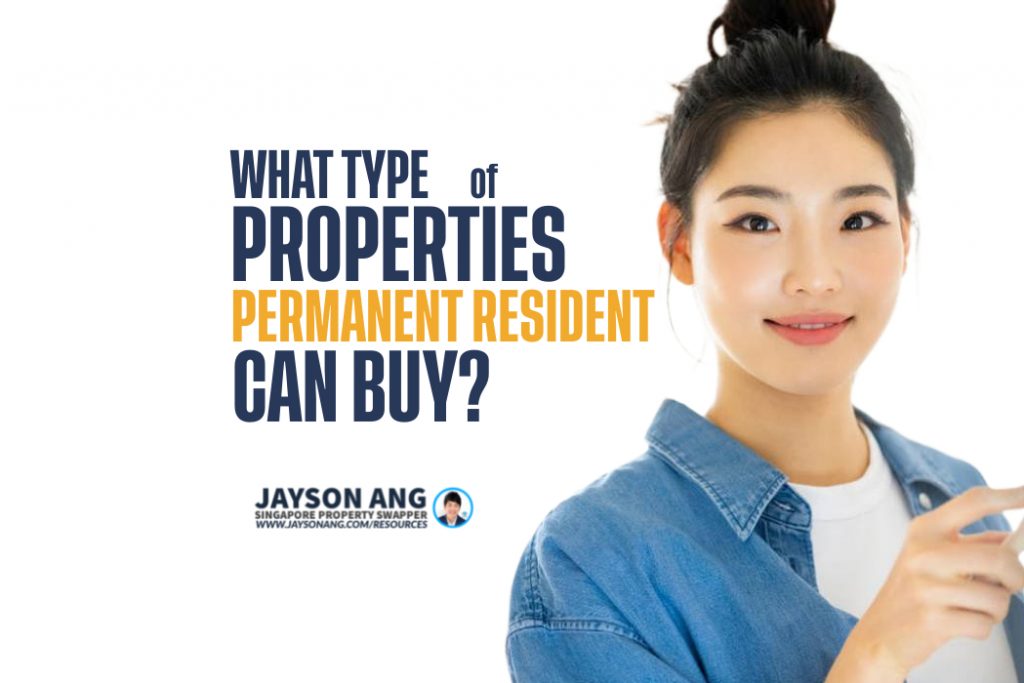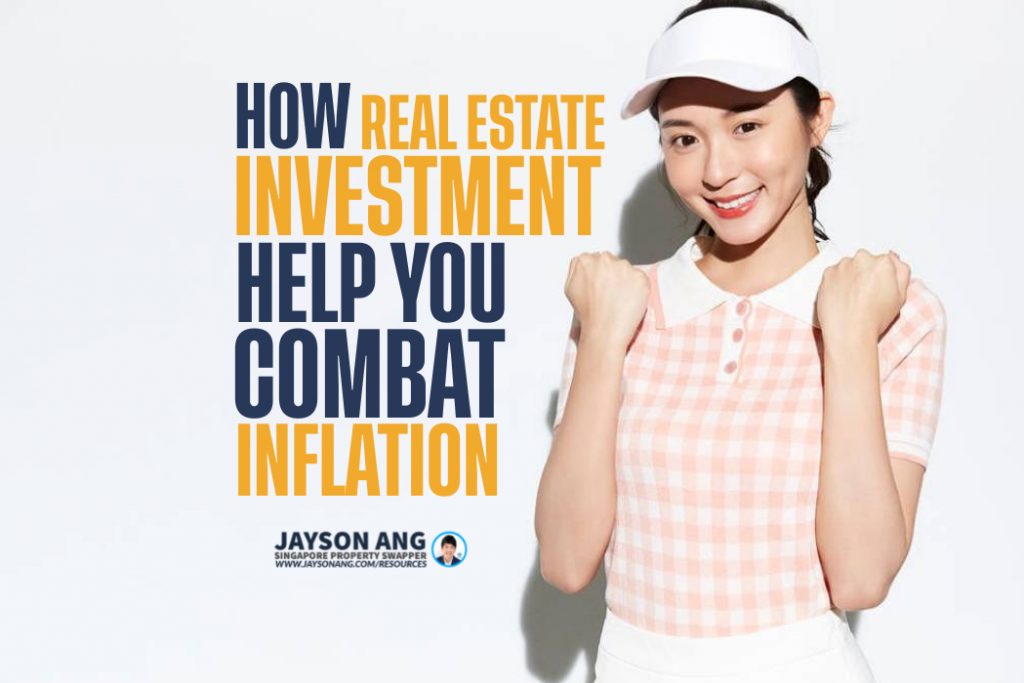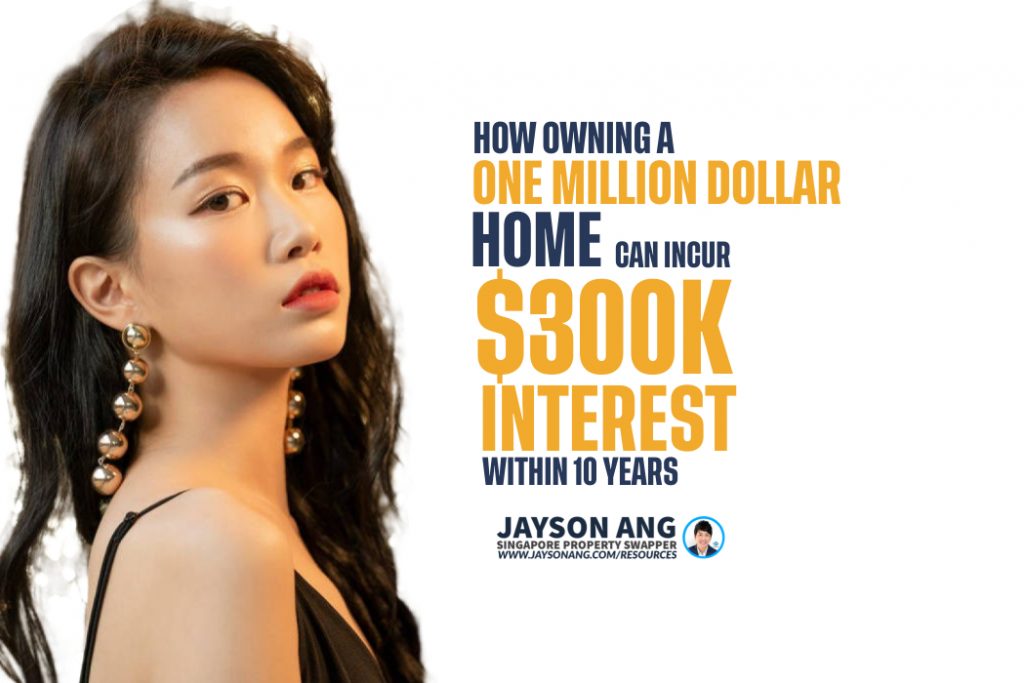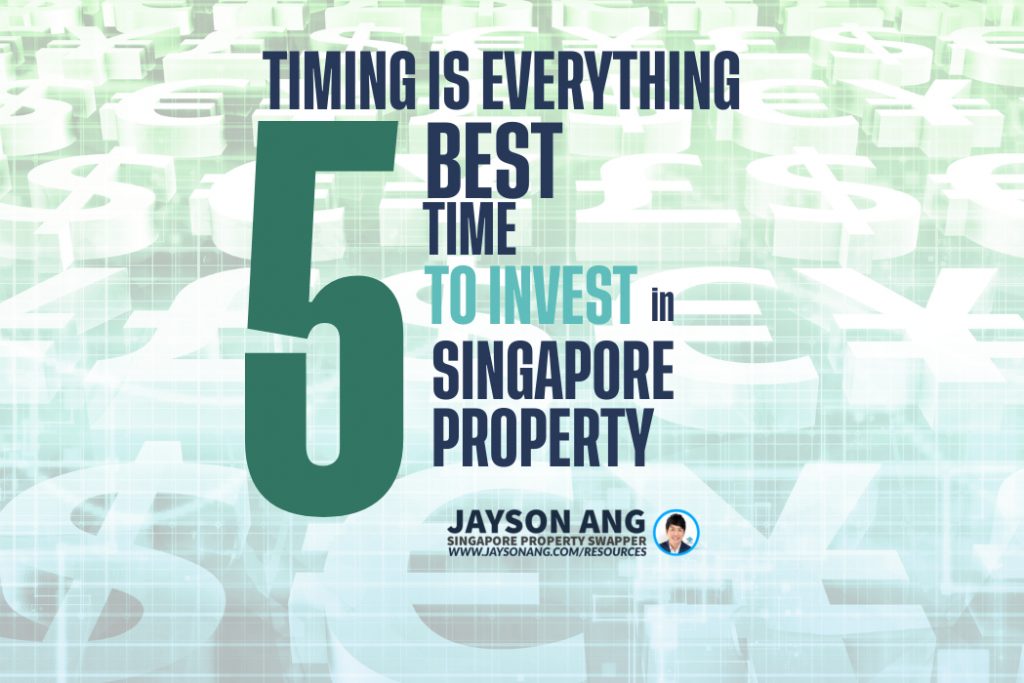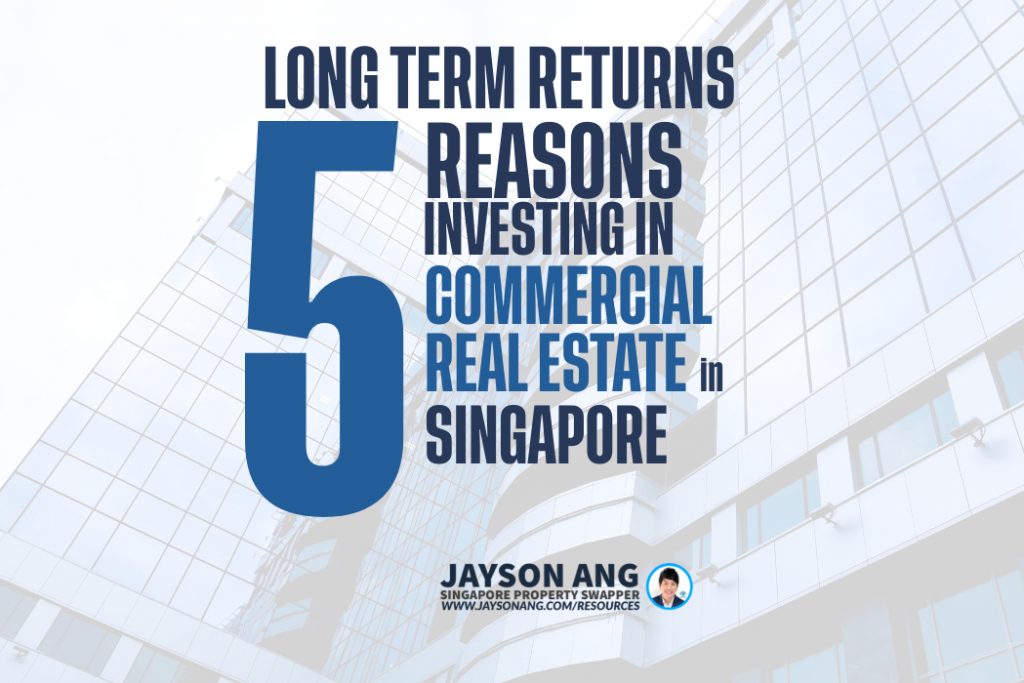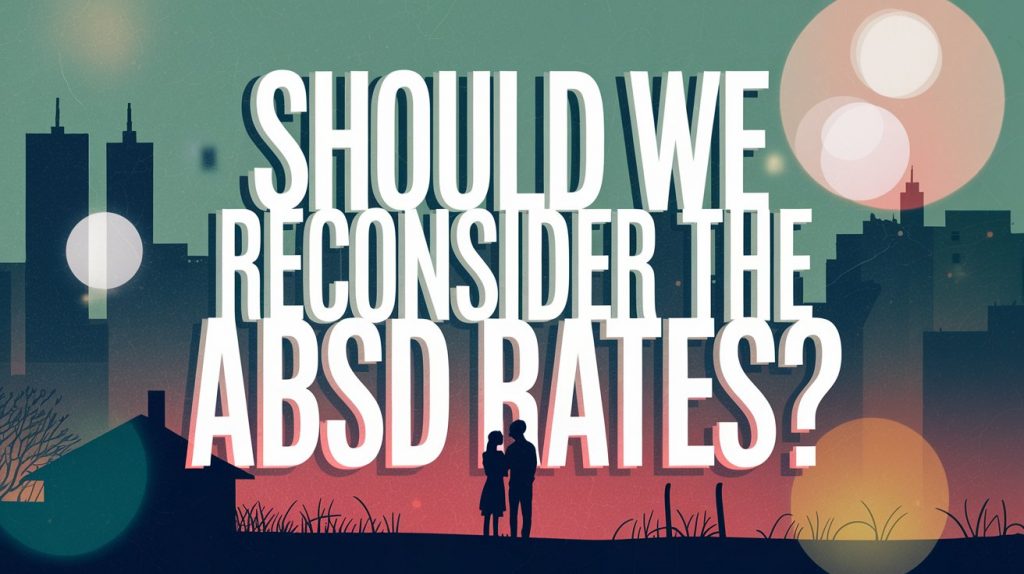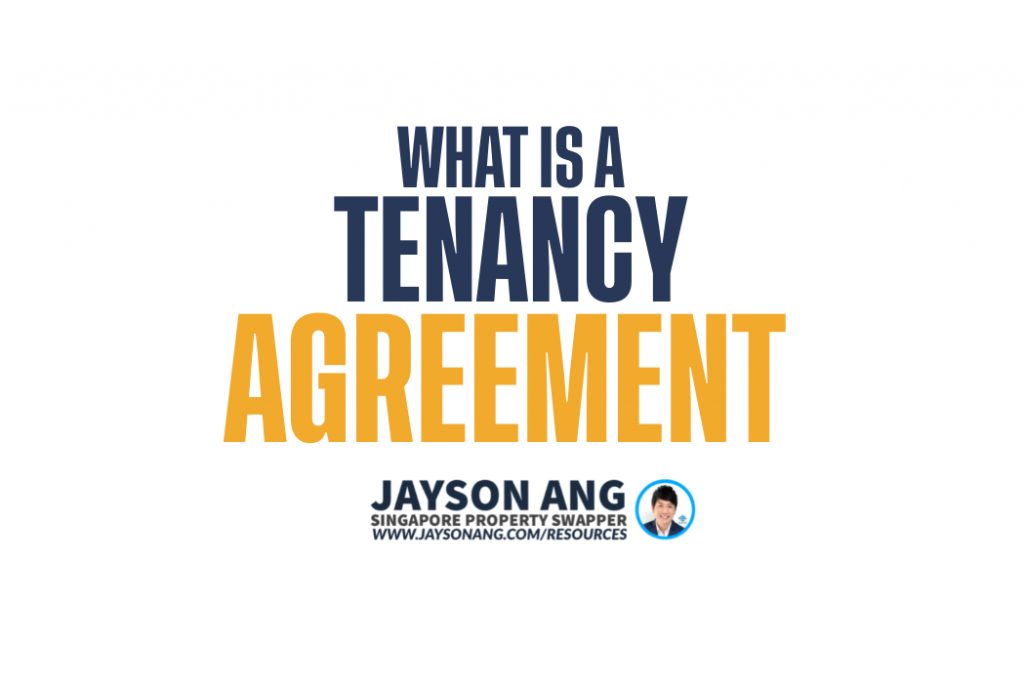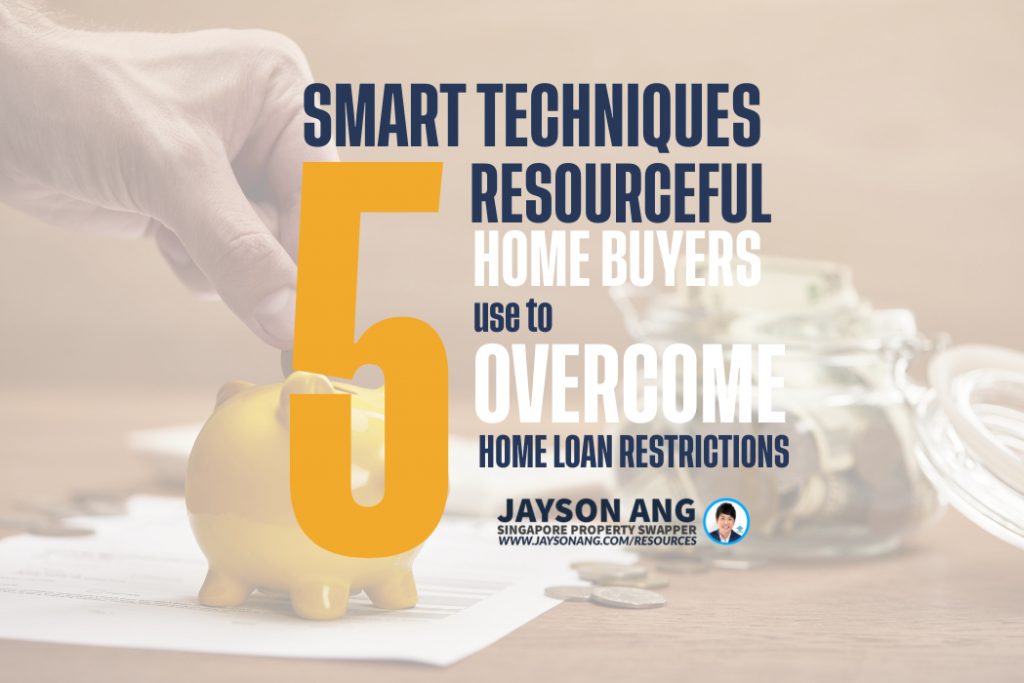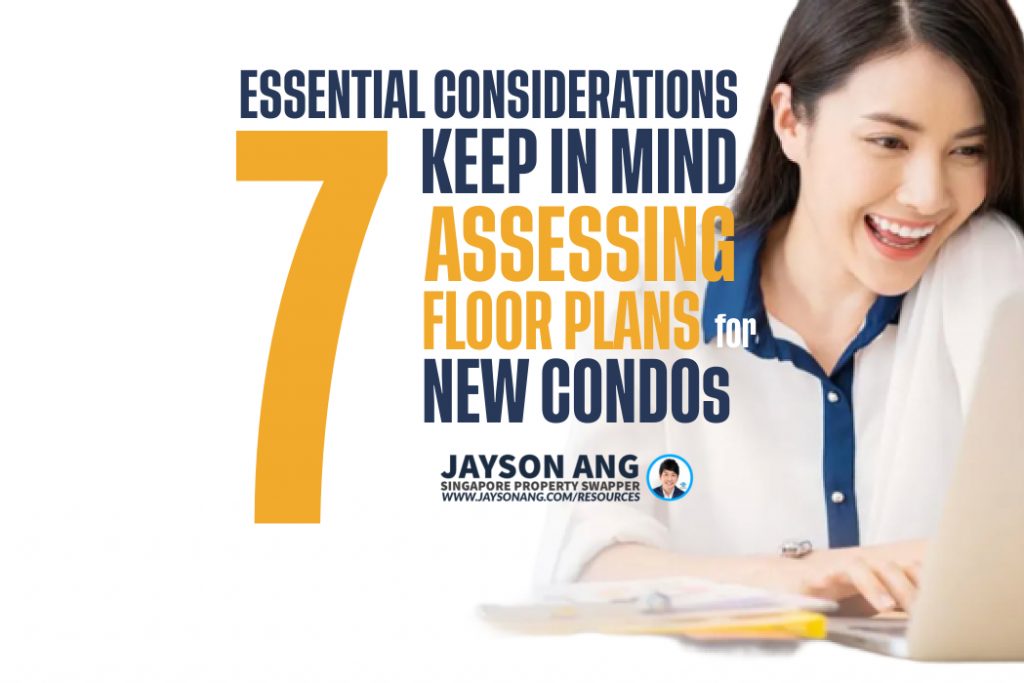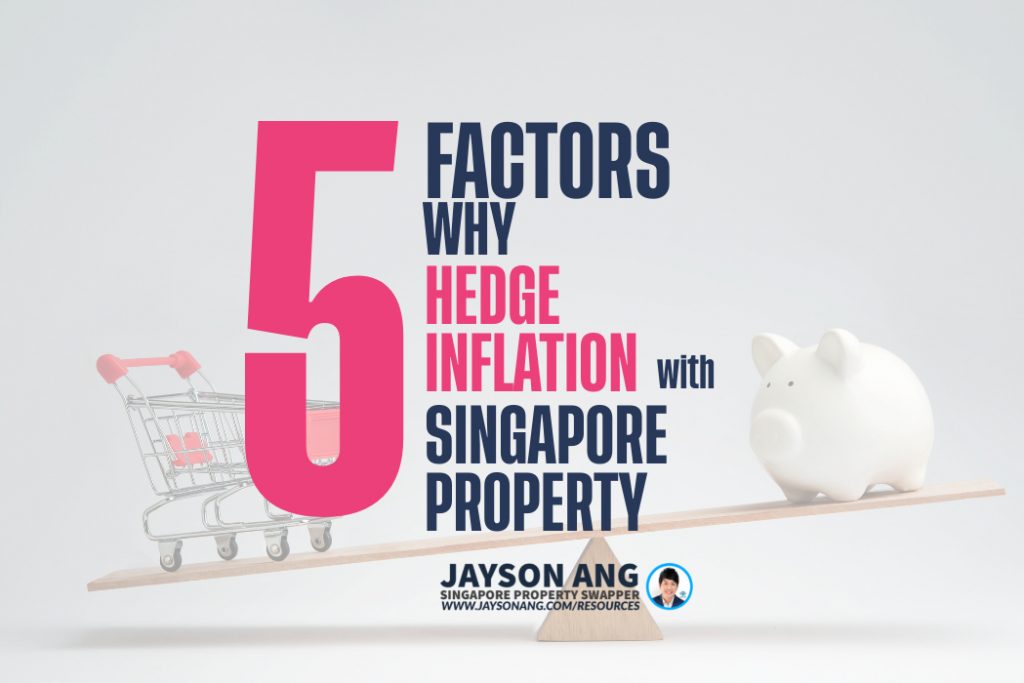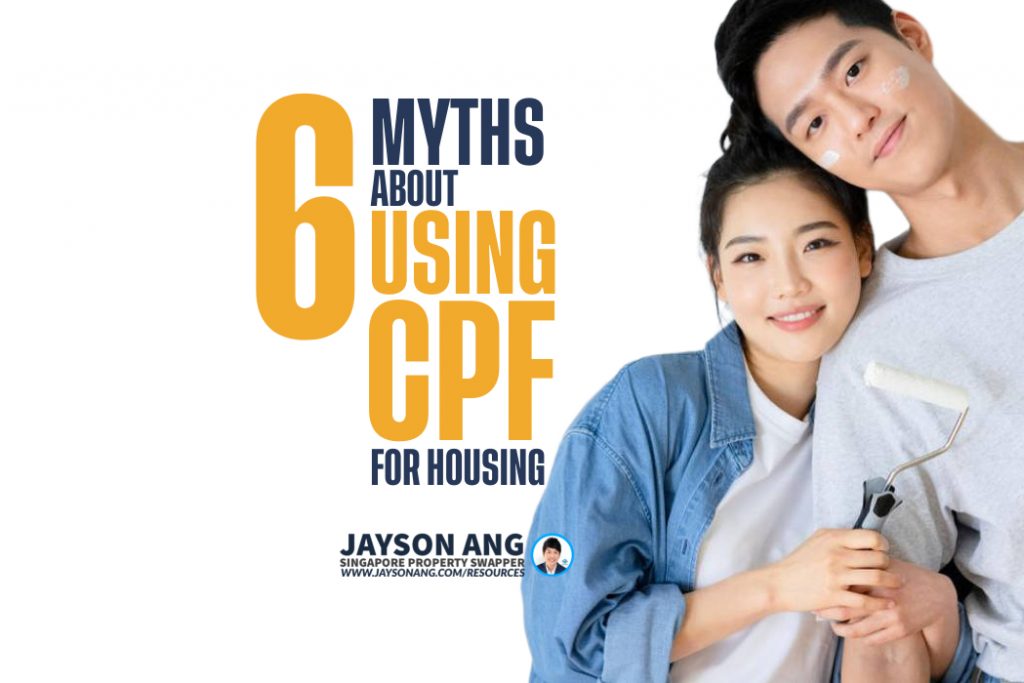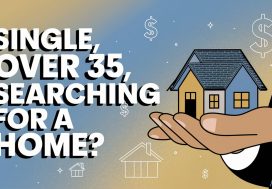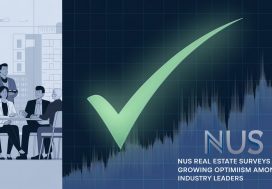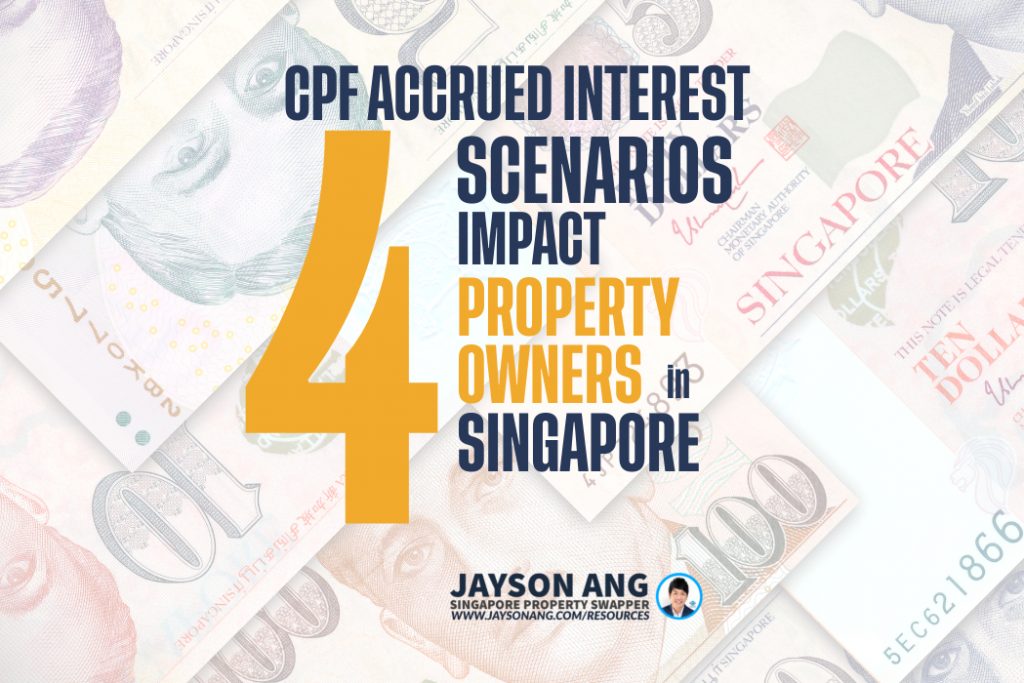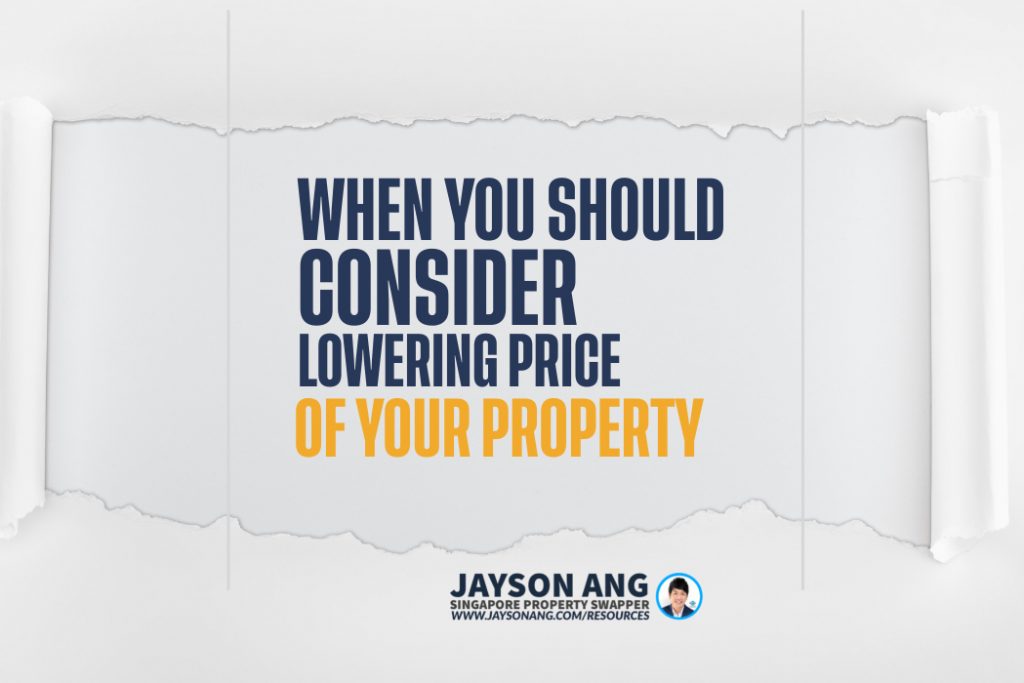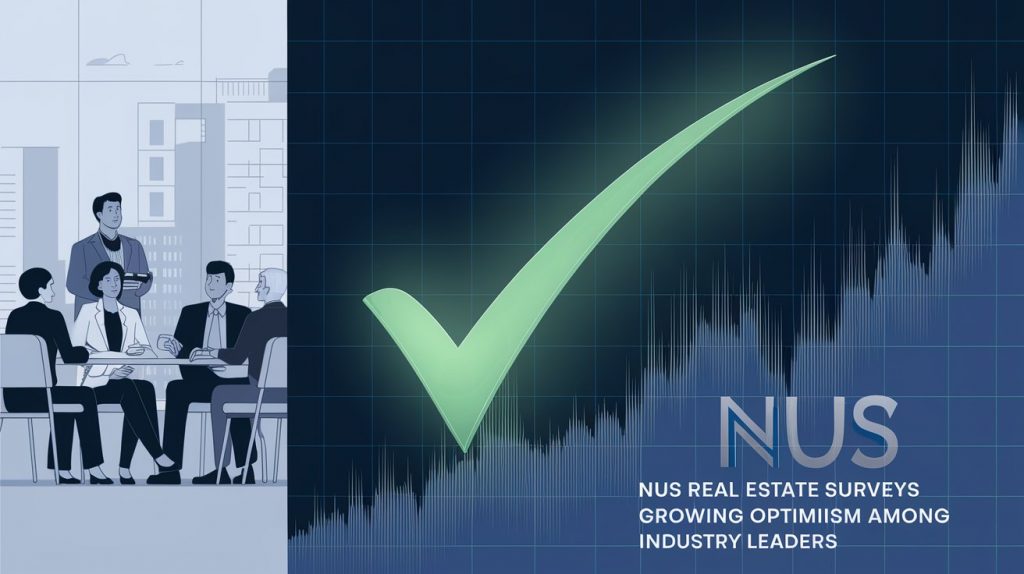TLDR
The blog post discusses various aspects of investing in condos in Singapore, covering topics such as leasehold versus freehold properties, rental yields, property values, and factors affecting investment decisions. It emphasizes the importance of considering specific projects rather than general property types. Additionally, it provides insights on hidden expenses, market trends, and tips for property buyers. The post offers strategic real estate advice, highlights key considerations for first-time Chinese buyers, and explores potential challenges in the property market.
Recently, I stumbled upon a Reddit thread where people were spilling their regrets about buying condos. The topic of debate was whether investing in a condo is still a good move.
As I scrolled through the comments, some points caught my eye. A few made sense, while others seemed like half-baked truths or twisted facts.
One comment that received loads of upvotes (and I agree) said, “Location is key.” But as I dived deeper into the thread, things got a bit murky. The next hot topic was about the actual value of owning leasehold vs. freehold land.
One user pointed out, “For me, it’s either public housing or private freehold. Leasehold private properties don’t make any sense. Their prices are nearly as high as freehold ones (around 80%?), making the lease decay even harder to swallow.”
But hold on! Before you write off leasehold properties, let’s break this down. Interestingly enough, some wise landlords actually avoid buying freehold properties. Why? Because they yield less rental income.
Let’s take two condos located in the same place: one leasehold costing $1.5 million, and the other freehold priced at $1.725 million. They both generate an annual rental income of $48,000. Yes, you read that right. Tenants don’t pay more for living in freehold properties; it doesn’t matter to them.
When you do the math, the gross rental yield for the leasehold property comes out to be 3.2%, while the freehold one is only 2.78%.
So, it all boils down to this: whether it’s leasehold or freehold, the real deal is if it’s the right investment property.
Imagine buying a freehold condo in an already developed area versus a leasehold one in an area that has future potential. Which one do you think will give you a better return?
It’s not always about the type of ownership, but the real value it holds.
Here’s another:
“If you skip out on Freehold (FH), you’re potentially dropping 1% each year. It’ll take a decade or fifteen years to make up for the insurance premium. But let’s admit it, in the property game, that isn’t a long stretch.
A drop of 1% per year sounds a bit shaky. Let’s take a quick look at how leasehold condos hold up against freehold ones over a span of 15 years (leaving out the Executive Condominiums):
Over this time frame, freehold properties don’t seem to be keeping pace with their leasehold counterparts.
Now, there’s no hard and fast rule here. It all depends on the age of the property you’re considering. But if you’re thinking about buying a brand-new freehold versus a leasehold condo, it’s not quite right to assume that you’ll be losing 1% annually.
In case you’re interested, we’ve done some homework on new freehold and leasehold launches since 2014. Feel free to take a peek right here.”
Let’s look at a few other things:
“It all boils down to the type of condo you’re looking at. They’re not all cut from the same cloth.
Take newly launched condos, for instance. They’re often not worth the dough. Paying 2k per square foot for tiny apartments? Get real. You could get a condo in River Valley for what they’re charging for Pasir Ris 8. Plus, most of these are on 99-year leases.
Check out Ki Residence. They’ve got places ranging from 700 to 1300 square feet, going for 2-2.4k per square foot. And these are on 999-year leases.
Then there’s Clementi Park, just across the street. Their units start at about 1100 square feet and go up to over 2000 square feet. Prices range between 1.4k and 2k per square foot. Plus, these are freehold properties.
Fresia Woods is a bit further away, but it’s a similar deal.
With a budget of 2 million, you could snag a 1065 square foot condo at Fresia Woods or a larger 1400 square foot place at Clementi Park. Your only option at Ki Residence would be a smaller 965 square foot unit. If you’re good with just one bedroom, 1.5 million could get you a 1039 square foot apartment at Clementi Park. For 1.6 million, you could get a 750 square foot apartment at Ki Residence.
Clearly, Ki Residence isn’t the best bang for your buck.
Venture a little further to Pandan Valley, and you’ll find 2000+ square foot condos going for 1.5k per square foot or even less!
So, in my book, older condos are where it’s at. The newer ones? Not so much.”
Someone hit the nail on the head with this comment: “You can’t just eyeball the price per square foot and make a blanket judgement.”
I’ve mentioned this before, but the price per square foot isn’t always the best gauge of value. It tends to increase as the units get smaller and cheaper, but decrease as they get bigger and pricier.
Say you were to buy a bungalow. You could be looking at about $1,600 to $1,700 per square foot. But for a huge 7,000 square foot detached home, that’s a whopping $11.9 million.
On the flip side, a one-bedroom place at $3,000 per square foot, measuring just 500 sq. ft., would set you back a cool $1.5 million.
Also, let’s not forget how rules and regulations have been shaking things up over time.
You see, it’s all well and good to weigh the cost per square foot when everything else lines up. But, when you’re dealing with older condos that come with their own quirks like planters and bay windows, judging them purely on square footage pricing just doesn’t cut it.
Instead of focusing on the cost per square foot, it’s a better idea to concentrate on the overall price. Why? Well, it influences a few things:
1. The stamp duty you’ll owe 2. The amount you need to borrow and subsequently the interest you’ll have to pay over the years 3. How your budget might get strained after the buy
The cost per square foot can be handy in certain cases. For instance, when you are comparing two properties with similar layouts and sizes, it can give you a feel for which one offers more bang for your buck.
However, this approach becomes less helpful when you start comparing different types of properties, like HDB flats and private condos, or landed properties.
Consider this: “HDB flats are definitely a better deal, even if the resale price exceeds 1mil! I regret pretty much everything about buying a condo, except for the fact that it’s just across the road from an MRT station. But, when your combined income is around 20k, your options are limited. You’re not eligible for BTO/EC and can’t afford a landed property…”
Still, if you’re earning $20k a month and have your heart set on a resale flat, go for it! There’s no income cap for these properties.
But somewhere along the line, the conversation veered off track, and became more about buying a home than investing in one. When asked if it’s worth investing in a condo, my response would be: which condo?
Properties aren’t all the same. A savvy investor doesn’t just invest in condos or landed properties as a whole. They invest in specific projects, like The M, Midtown Bay, Pandan Valley, etc.
There are certain condos I’d definitely consider investing in even now; but there are others I’d steer clear of, despite any attractive discounts offered by developers.
Should You Buy, Sell or Wait?
If you’re reading this, you must be trying to figure out the best course of action right now: is it the right time to buy or sell?
It’s difficult to give an exact answer since everyone’s situation is unique and what works for one person may not necessarily work for you.
I can bring you a wealth of on-the-ground experience and a data-driven approach to provide clarity and direction. From beginners to experienced investors, our top-down, objective approach will help you on your real estate journey.
I can help you by:
- Offering Strategic Real Estate Advice – I can help create a comprehensive plan to guide you through your property journey.
- Connecting Your Home with the Perfect Buyers – Through stunning visuals, an effective communication strategy, and an in-depth knowledge of the market, we’ll ensure your home is presented in the best possible way to fulfill your goals.
You May Also Like …
What Type of Properties Can a Permanent Resident PR Buy in Singapore?
Tips for Young Adults to Begin Saving for Their Future Home
7 Essential Tips for Finding Your Perfect Retirement Home
How Can Real Estate Investment Help You to Combat Inflation?
Ouch! How Owning a Million-Dollar Home Can Sting with a Whopping $300K Interest in Just a Decade!
The Best Time to Invest in Singapore’s Property Market: Timing is Everything
Is the Dream of Homeownership Becoming a Steeper Climb?
Unlock The Secrets To Successfully Selling Your Home In Just 7 Simple Steps!
5 Reasons : Why Investing In Commercial Real Estate Can Offer Stable Long-Term Returns
Should We Reconsider the ABSD Rates?
What is a Tenancy Agreement (TA)
5 Smart Techniques That Resourceful Homebuyers Utilize to Overcome Restrictions on Home Loans
Investment 101: The Top 5 Best Long-Term Values In Singapore’s Property Market
Unpacking Property Ownership: Joint Tenancy vs. Tenancy-in-Common
7 Essential Considerations to Keep in Mind When Assessing a Floor Plan for a New Condominium Development
5 Factors : Why Singapore’s Property Market Is A Good Hedge Against Inflation
HDB Owners Missing Out on the “Ultimate Upgrade” to Landed Living
6 Myths About Using Your CPF For Housing
Sell High Buy High : Will This Still Make You a Profit?

